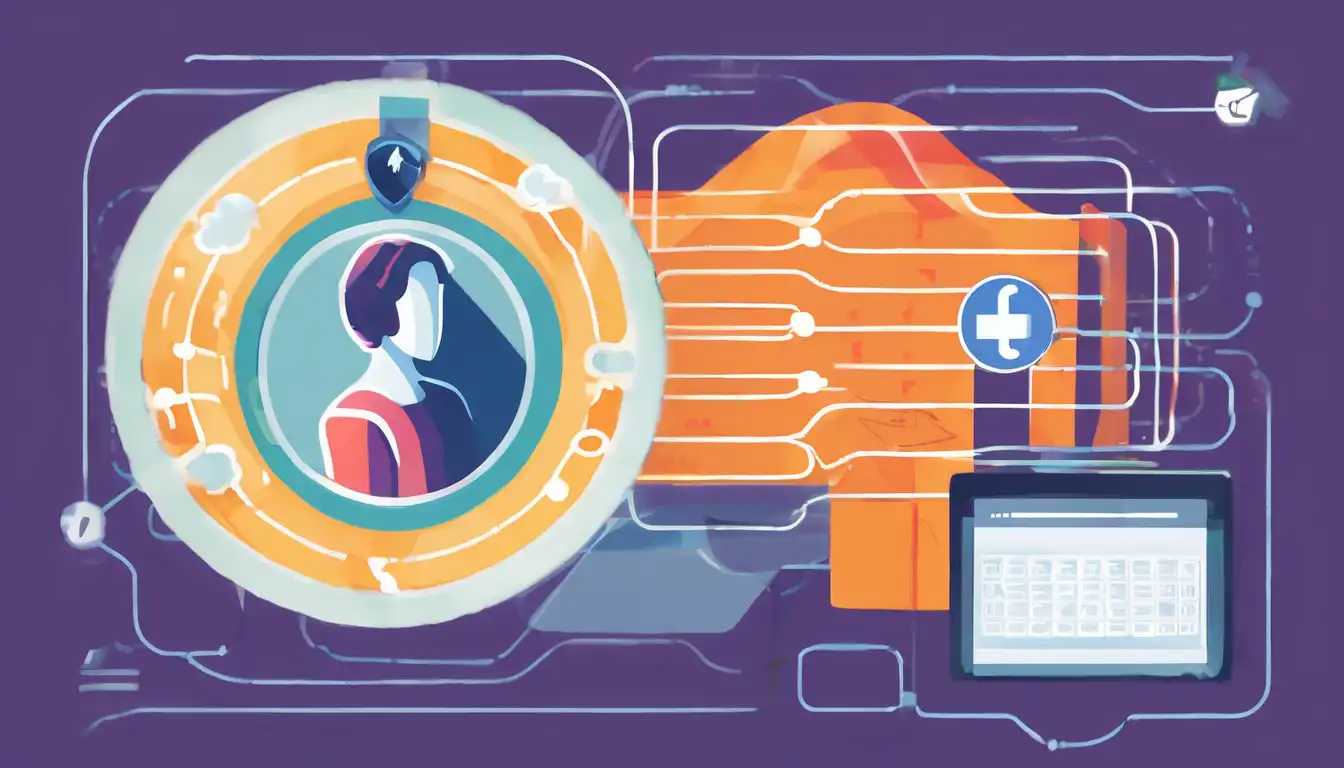Why VPNs Are Crucial for Online Privacy
In today's digital age, protecting your online privacy has never been more important. With cyber threats on the rise, a Virtual Private Network (VPN) serves as a critical tool in safeguarding your internet connection. This guide will explore the ins and outs of VPNs and how they contribute to your online privacy.
What Is a VPN?
A VPN is a service that encrypts your internet connection and hides your IP address, making your online actions virtually untraceable. This not only secures your data from hackers but also protects your privacy from prying eyes.
How Does a VPN Protect Your Privacy?
By routing your connection through a secure server, a VPN masks your IP address, making it appear as though you're accessing the internet from a different location. This is particularly useful for bypassing geo-restrictions and censorship. Moreover, the encryption ensures that your sensitive information, such as passwords and credit card numbers, remains secure.
Choosing the Right VPN for Your Needs
Not all VPNs are created equal. When selecting a VPN, consider the following factors:
- Security Features: Look for VPNs with strong encryption protocols and a no-logs policy.
- Server Locations: More server locations mean more options to bypass geo-restrictions.
- Speed: A good VPN should not significantly slow down your internet connection.
- Price: While free VPNs are tempting, they often come with limitations and security risks.
The Role of VPNs in Combating Cyber Threats
Cyber threats such as phishing, malware, and man-in-the-middle attacks are increasingly common. A VPN adds an extra layer of security, making it harder for attackers to access your data. For more information on protecting yourself online, check out our guide on internet security basics.
VPNs and Online Privacy: What You Need to Know
While VPNs are powerful tools for enhancing online privacy, they are not a one-size-fits-all solution. It's important to combine VPN use with other security measures, such as using strong passwords and enabling two-factor authentication. Remember, maintaining online privacy is an ongoing process that requires vigilance and the right tools.
For those interested in diving deeper into the world of online privacy, explore our online privacy tips for more actionable advice.
Final Thoughts
Understanding VPNs and their role in online privacy is the first step toward securing your digital life. By choosing the right VPN and adopting comprehensive security practices, you can enjoy the internet with peace of mind, knowing your privacy is protected.
